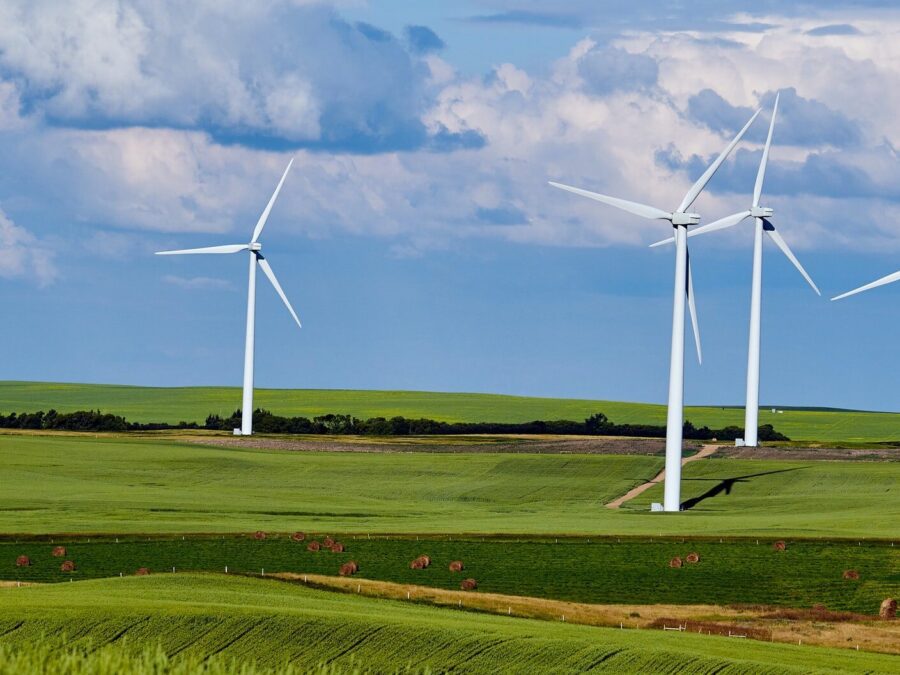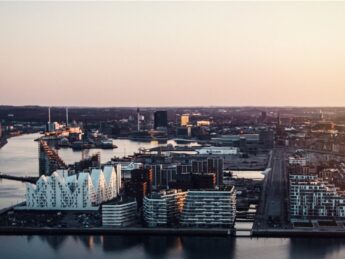
Situation
Denmark wishes to be a green frontrunner in global climate action and has a goal of 70% emissions reductions by 2030 and climate neutrality by 2050. At the same time, the Climate law states that Denmark must show that the green transition can be achieved while still maintaining a strong welfare state, where the social balance is ensured. But what does it mean to the Danish labor force to succeed with a socially just transition? And what are the individual workers willing to do and potentially give up to get there?
Complication
To answer these questions, FH – Danish Trade Union Confederation (Fagbevægelsens Hovedorganisation) asked Epinion to conduct a qualitative analysis exploring the perception of a socially just green transition. Epinion completed a mobile ethnographic study amongst 24 Danish workers to gain an in-depth and context specific understanding of their everyday lives and the extent to which it is impacted by the green transition. Subsequently, Epinion gathered the same workers in four online focus groups to discuss potential solutions for avoiding a skewed transition.
Recommendation
Based on the analysis, FH acquired a deeper understanding of the perception of the green transition, as well as the risks and opportunities that it entails – from the perspective of Danish workers. The analysis additionally presents possible solutions for how to ensure a more just transition in the eyes of the workers. The deep insights were later quantified by FH, and the accumulative insights published in a report, which has served as a foundation and inspiration for policy making.

